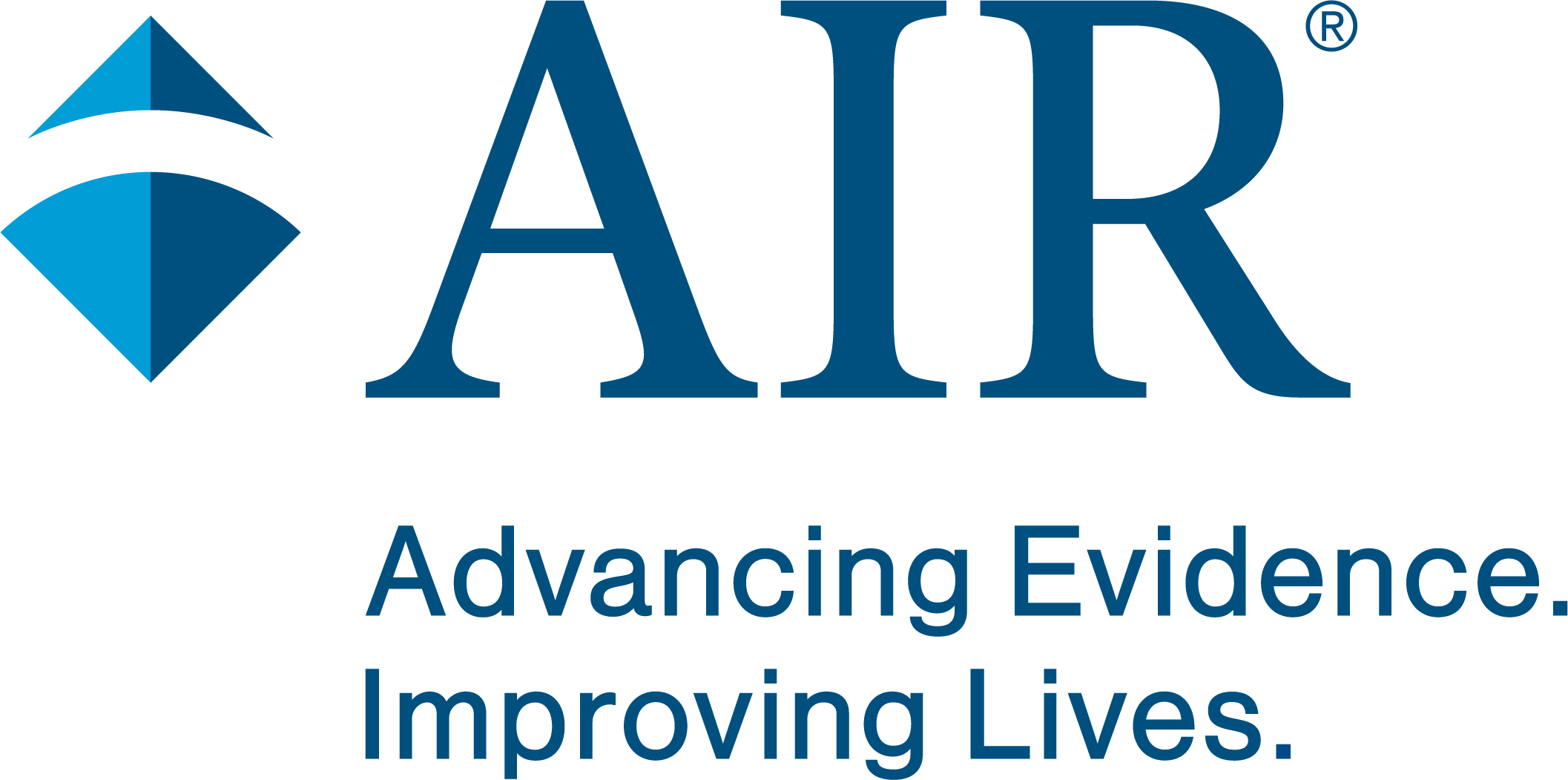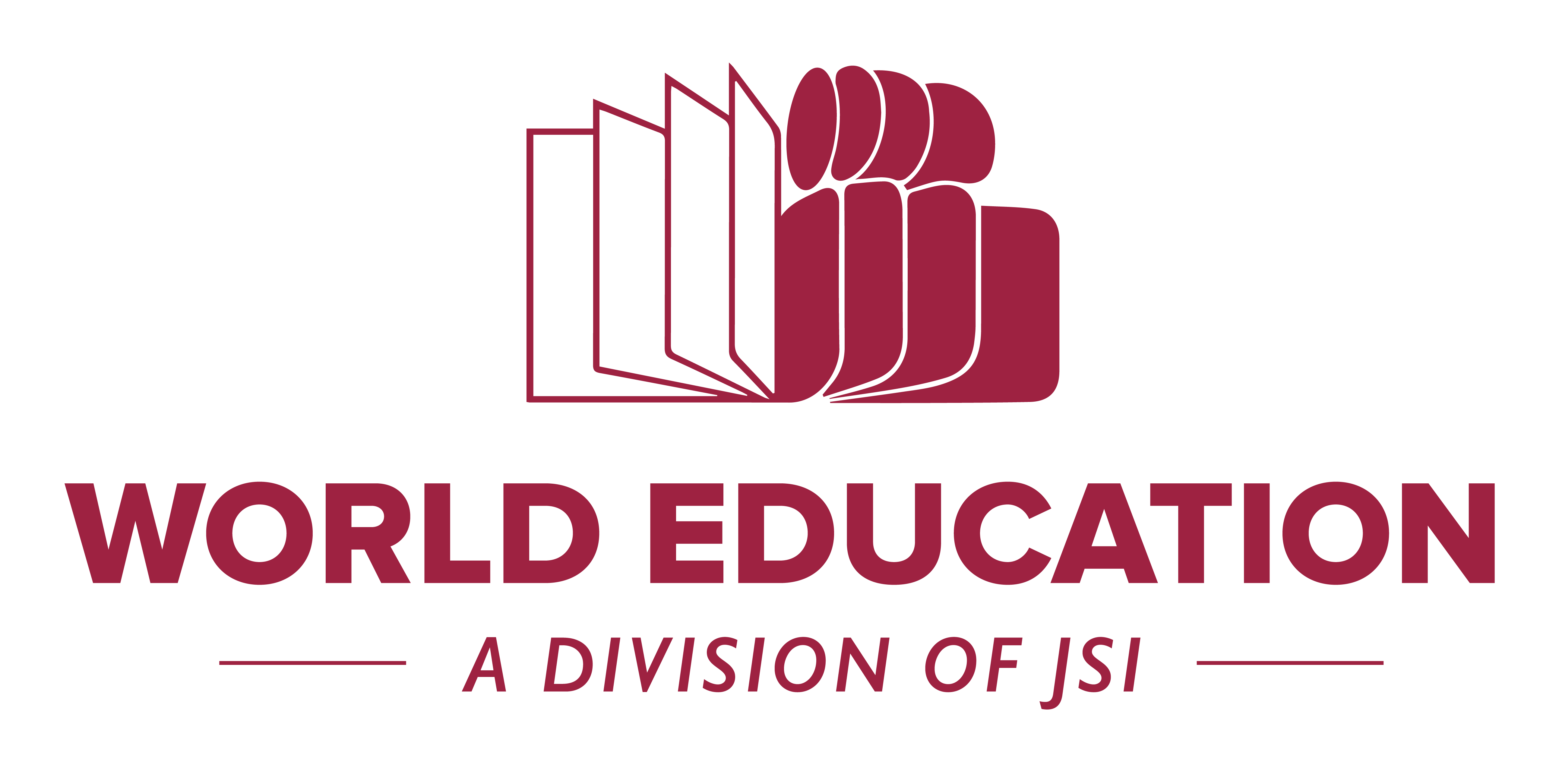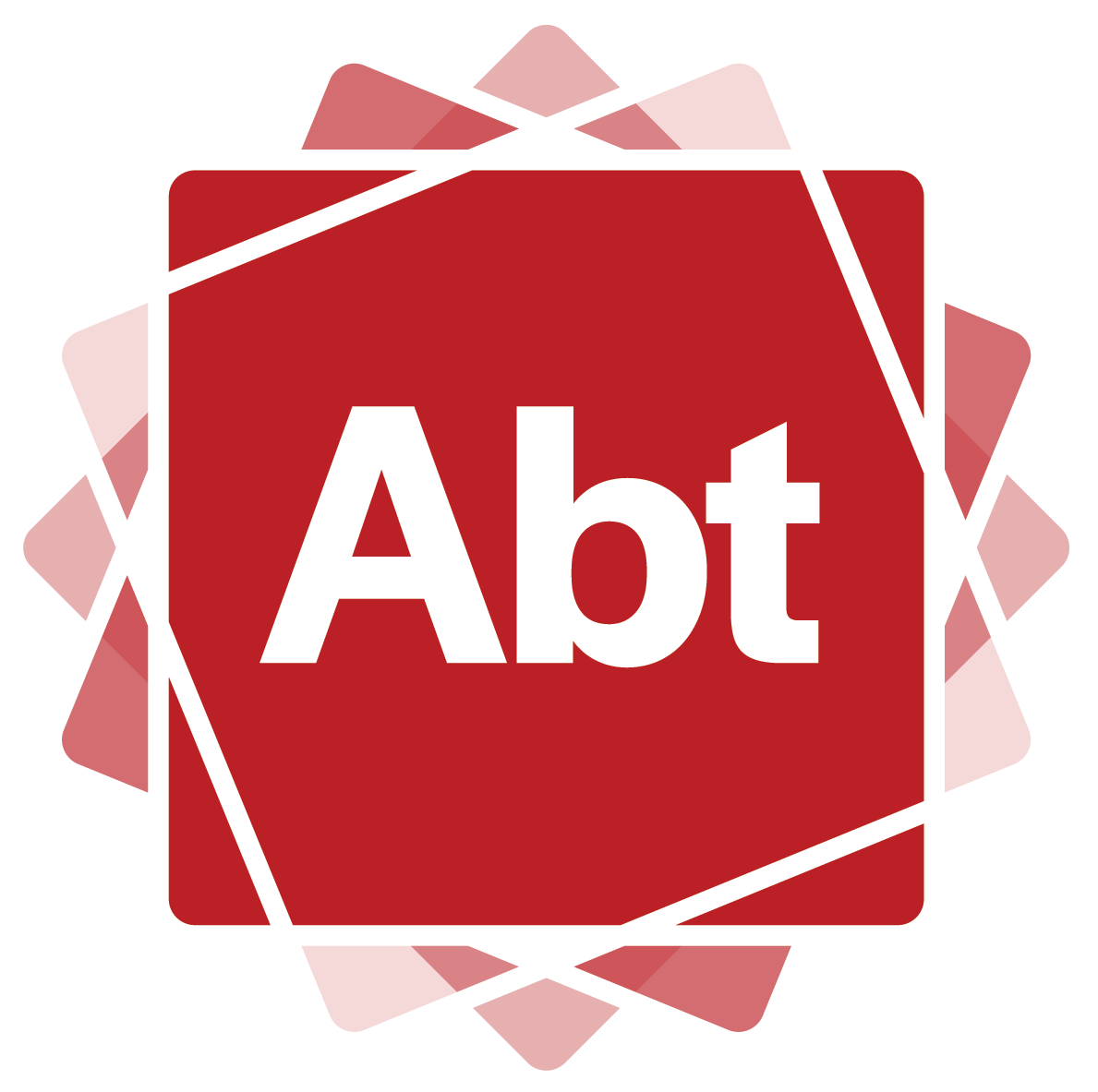Posted on
Adult Learning and Education in Digital Environments: Learning From Global Efforts to Promote Digital Literacy and Basic Skills of Vulnerable Populations
Author: Judy A. Alamprese, MA
Journal: Adult Learning, Volume 35, Issue 2
Abstract
The pervasive role of digital technologies in adult learning and education (ALE) was a prominent theme throughout the deliberations of the Seventh International Conference on Adult Education (CONFINTEA VII) held June 15-17, 2022 in Morocco. CONFINTEA VII embodied the worldwide interest in digital technologies through the use of a hybrid format with appointed delegates participating both virtually and on site. To highlight the importance of digitalization and digital skills, CONFINTEA VII not only devoted a plenary session to “Adult Learning and Education in Digital Environments,” but discussions about the role of digitalization and the need to support adults in developing digital skills also permeated other sessions such as “Preparing Adults for the Future of Work.” CONFINTEA VII sessions discussed challenges that vulnerable populations have in accessing digital tools and strategies for providing more equitable access and professional development to address this digital divide. This article describes learnings from CONFINTEA VII and related efforts at the national, regional, and local levels to support adult learners’ use of digital technologies to develop their literacy, numeracy, and occupational skills and the resources that are critical to those efforts. Also discussed is the need for data, research, and monitoring to understand how digital technologies can be effective in adult learning and education and in preparing adults to embrace a culture of lifelong learning.
Note: The Adult Learning Journal is a subscription-based publication. The publisher and author have kindly allowed us to share the full article (attached below). We encourage explore the journal and the organization supporting this work, the American Association for Adult and Continuing Education (AAACE).






